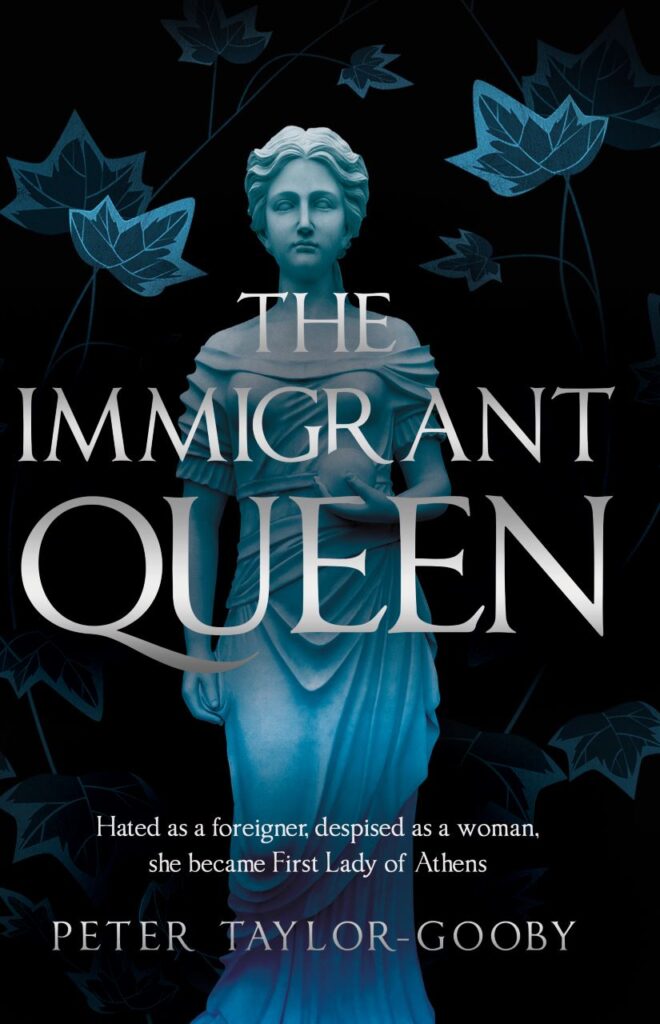The Rose Grower
In 1789, monumental changes took place in France. Australian writer Michelle de Kretser’s debut novel begins on the famously fateful 14th of July — not with the fall of the Bastille in Paris, but with a balloon accident near Montisgnac, a country estate in Gascogny. Jean-Baptiste Saint-Pierre of the judicial nobility and his three daughters welcome injured American aeronaut Stephen Fletcher to their home. Tall, plain-faced Sophie, the middle daughter, instantly loses her heart to the visitor — who promptly falls in love with her beautiful married sister Claire, the Marquise de Monferrant.
Clever, practical Mathilde, aged eight when the novel opens, also seeks the company of their interesting guest. Concealing her affection for Stephen, Sophie settles for friendship and seeks solace for her heartache in her rose garden, where she struggles to create a revolutionary new hybrid: a repeat-flowering crimson rose.
Stephen’s arrival and his repeat visits to Montsignac arouse the jealous antagonism in Joseph Morel, the local doctor, whose bespectacled eyes habitually linger on Sophie. Earnest and dedicated to his work, this forward-thinking physician is drawn into the cause of Liberty, Fraternity, and Equality. Joseph’s profession and political sympathies hamper his impede his courtship of the aristocratic Sophie; their class differences are a source of mild strife. Dismally aware of her infatuation with the American, he makes a false assumption about which Saint-Pierre sister Stephen truly loves.
Michelle de Kretser’s graceful depiction of Gascon life at the close of the 18th century–social customs and food, regional politics, medicine and botany — engages the reader as much as her captivating, finely-drawn characters. The affectionate bond between Matty and her dog Brutus, and Jean-Baptiste’s gastronomic obsessions provide humor and warmth. The poignancy of two interwoven love stories is heightened by the passage of time and the increasing brutality of local officials, fervent in their support of republicanism. Against a backdrop of anarchy and brutality, a child is born, romances blossom like Sophie’s roses, and an engagement takes place.
An impressive achievement in historical fiction, this novel’s many merits are emotional intensity, the author’s uncompromising rendering of the period, and, most significantly, her characters’ endearingly human qualities. The Rose Grower is certain to please anyone with a taste for an intelligent, entertaining, skillfully executed story. I thoroughly enjoyed it and look forward to reading Michelle de Kretser’s next novel.










